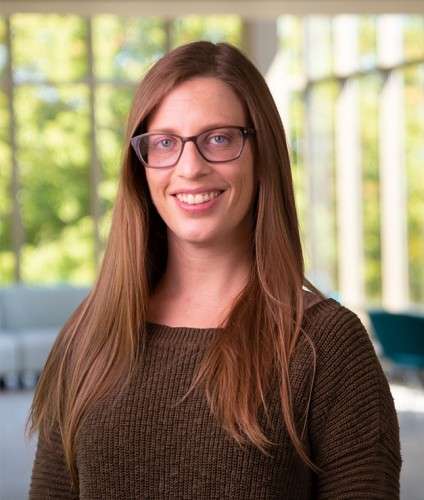
Sara Clifton grew up on a cattle and hay farm in Colorado and completed her undergraduate degree in applied and computational mathematics at Colorado School of Mines. She earned her Ph.D. at Northwestern University in engineering sciences and applied mathematics under the supervision of Danny Abrams. Before joining Kenyon, she taught and mentored undergraduate research at the University of Illinois at Urbana-Champaign and St. Olaf College. Her current research interests are mathematical modeling of complex social and biological dynamical systems.
Outside of academic pursuits, Sara enjoys rock climbing, playing the French horn and vegan cooking.
Students interested in mathematical modeling research, especially women and those underrepresented in the mathematical sciences, are encouraged to reach out.
Areas of Expertise
Mathematical modeling, dynamical systems, mathematical biology
Education
2017 — Doctor of Philosophy from Northwestern University
2012 — Bachelor of Science from Colorado School of Mines